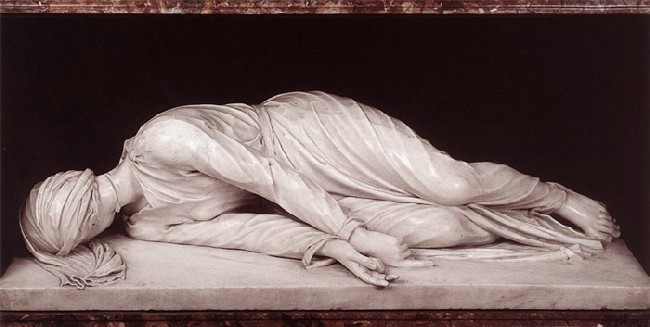Pope Benedict XVI said the following during a meeting with representatives of other religions at the "Rotunda" Hall of the Pope John Paul II Cultural Center of Washington when he was in the USA in April 2008. His full statement is here.
"There is a further point I wish to touch upon here. I have noticed a growing interest among governments to sponsor programs intended to promote interreligious and intercultural dialogue. These are praiseworthy initiatives. At the same time, religious freedom, interreligious dialogue and faith-based education aim at something more than a consensus regarding ways to implement practical strategies for advancing peace. The broader purpose of dialogue is to discover the truth. What is the origin and destiny of mankind? What are good and evil? What awaits us at the end of our earthly existence? Only by addressing these deeper questions can we build a solid basis for the peace and security of the human family, for "wherever and whenever men and women are enlightened by the splendor of truth, they naturally set out on the path of peace" (Message for the 2006 World Day of Peace, 3)."
"We are living in an age when these questions are too often marginalized. Yet they can never be erased from the human heart. Throughout history, men and women have striven to articulate their restlessness with this passing world. In the Judeo-Christian tradition, the Psalms are full of such expressions: "My spirit is overwhelmed within me" (Ps 143:4; cf. Ps 6:6; 31:10; 32:3; 38:8; 77:3); "why are you cast down, my soul, why groan within me?" (Ps 42:5). The response is always one of faith: "Hope in God, I will praise him still; my Savior and my God" (Ps 42:5, 11; cf. Ps 43:5; 62:5).
Spiritual leaders have a special duty, and we might say competence, to place the deeper questions at the forefront of human consciousness, to reawaken mankind to the mystery of human existence, and to make space in a frenetic world for reflection and prayer."
The Liturgy of the Hours (an example is here) is an ancient way to consecrate our time and pray from the Psalms.
Tuesday, June 17, 2008
Pope and the Psalms
Subscribe to:
Post Comments (Atom)







No comments:
Post a Comment